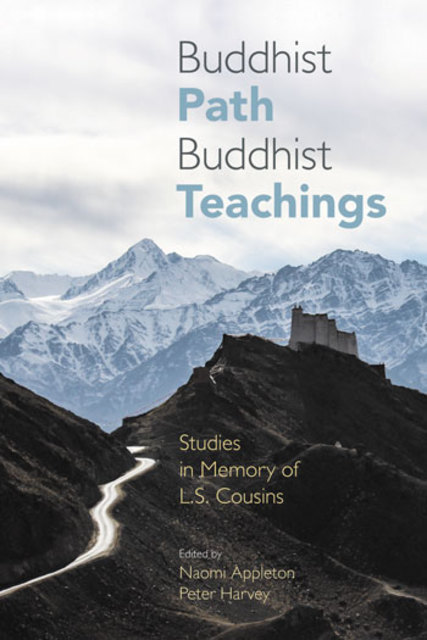Appleton/Buddhist Path, 7. Ambiguity and Ambivalence in Buddhist Treatment of the Dead

Full description
Every culture is concerned about what happens to people when they die. Even when the dominant religion/ideology provides an answer, an examination of what people actually say and do generally discloses various inconsistences, for example between what they claim to believe and what their actions (notably rituals) suggest that they believe or at least consider possible. In every traditional Buddhist society, adherents are supposed to believe in rebirth, a fate which only those who achieve enlightenment escape, and yet in both the Indian and the Chinese Buddhist traditions people worship and to some extent interact with their dead ancestors and in doing so preserve local pre- Buddhist beliefs and customs. In both traditions there are likewise inconsistencies between what people believe about themselves and what they believe about others, as well as beliefs about how to treat dead parents and how to treat dead strangers. Much in the observable mixture of beliefs and practices may be ascribed to the Buddha himself.
- typeImage
- created on
- file formatjpeg
- file size55 KB
- container titleBuddhist Path, Buddhist Teachings: Studies in Memory of L.S. Cousins
- creatorRichard Gombrich
- isbn9781781796382 (eBook)
- publisherEquinox Publishing Ltd.
- publisher placeSheffield, United Kingdom
- rightsEquinox Publishing Ltd.
- doi
We use cookies to analyze our traffic. Please decide if you are willing to accept cookies from our website. You can change this setting anytime in Privacy Settings.
